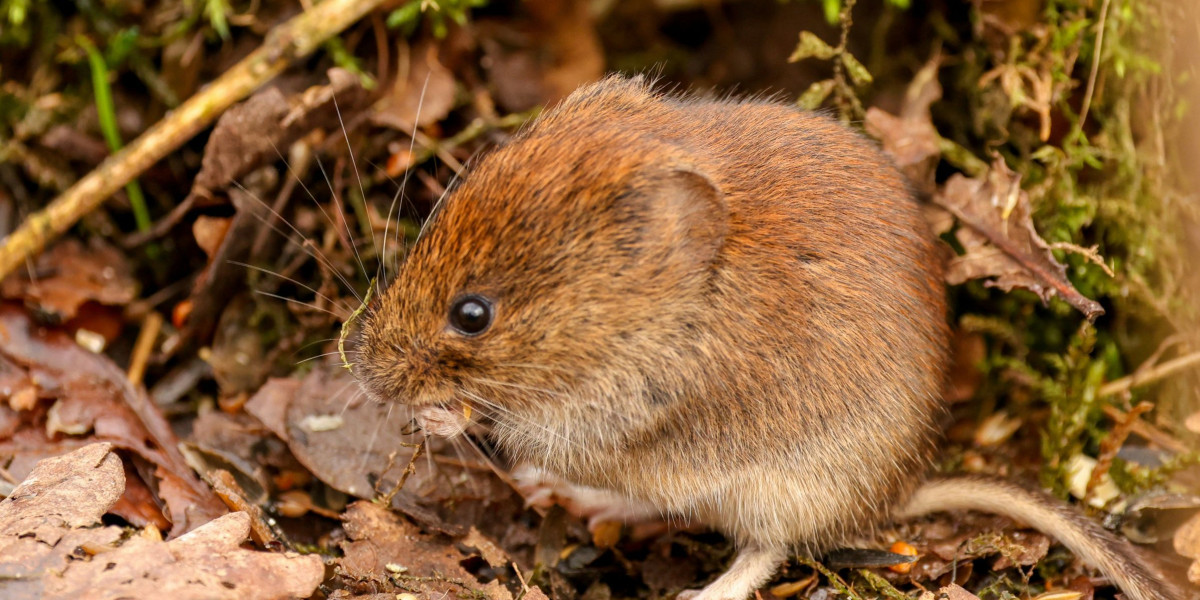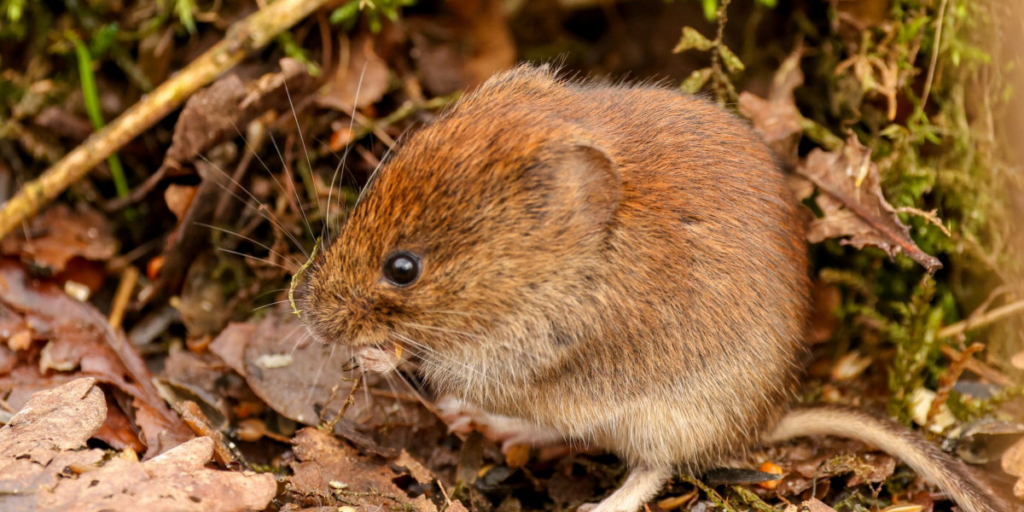The Comprehensive Guide to Rodent Pest Control Services

Rodents, including mice and rats, have the ability to reproduce rapidly, which means that a small infestation can quickly escalate into a larger problem if not addressed promptly and effectively. They can chew through electrical wires, leading to potential fire hazards, and cause structural damage by gnawing on wood and other materials.
Rodents are also carriers of diseases such as Hantavirus, Salmonellosis, and Leptospirosis, which can pose serious health risks to humans. Understanding the risks associated with rodent infestations and the need for effective control measures is crucial for maintaining your safe living or working environment.
Here’s what you need to know about signs of a rodent infestation, four rodent prevention tips, and how to get pest control services. Let’s dive in!

4 Signs of a Rodent Infestation
Identifying the signs of a rodent infestation is essential for prompt action. These pests are nocturnal, meaning they are most active during the night, making it difficult to spot them directly. However, there are several indicators that can help homeowners determine if they have a rodent problem:
- One of the most common signs of a rodent infestation is the presence of rodent droppings. These droppings are typically small and dark in color, resembling grains of rice.
- Another sign of a rodent infestation is the presence of nests. Rodents often create nests using shredded materials such as paper, fabric, or insulation. These nests are usually found in hidden areas like attics, basements, or behind appliances.
- In addition to droppings and nests, other signs include footprints or tracks left behind by rodents. These tracks may be visible in dusty or muddy areas and can help identify the type of rodent present.
- Unpleasant smells and scratching noises in walls or ceilings are also indicators of a rodent infestation. Rodents often leave behind an ammonia-like odor due to their urine and droppings. Additionally, homeowners may hear scratching, squeaking, or scurrying sounds, especially at night, as rodents move around in search of food and nesting sites.
3 Effective Rodent Control Methods
Implementing effective rodent control methods is crucial for managing infestations and preventing further damage. Here are three steps you can take to control and eliminate rodents from your property:
- Sanitation practices play a vital role in deterring rodents. Keep all surfaces, waste bins, recycling bins, and other containers and receptacles as clean as possible. Regularly clean restrooms and vacuum floors as well; every step counts.
- Traps are a common and effective method of controlling rodents. Snap traps and electrocution traps are widely used to catch and eliminate mice and rats. These traps should be placed in areas where rodent activity has been observed, such as along walls or near entry points. It’s important to position the traps properly, ensuring that they are securely set and baited with an attractive food source for the rodents. Regularly checking and maintaining the traps is essential for their effectiveness.
- Natural predators can also play a role in controlling rodent populations. Snakes, hawks, and owls are natural predators of rodents and can help keep their numbers in check. Encouraging the presence of these natural predators by creating suitable habitats, such as birdhouses, is an eco-friendly approach to rodent control.
Note that each method of rodent control has its advantages and limitations. As a homeowner or commercial property owner, consider your specific situation and the severity of the infestation when choosing the most appropriate control methods. In some cases, it’s wise to combine multiple methods for better results.
4 Rodent Prevention Tips
Preventing rodent infestations is key to avoiding the potential damage and health risks associated with these pests. By implementing these simple yet useful measures, homeowners can greatly reduce the chances of rodents taking up residence in their homes.
- Sealing entry points is one of the most effective ways to prevent rodents from gaining access to the home. It’s essential to inspect the exterior of the house for any cracks, gaps, or holes and seal them accordingly. This includes sealing gaps around pipes, vents, and utility lines, as well as repairing damaged screens on doors and windows.
- Removing potential nesting materials from the surrounding areas is another important step in rodent prevention. Piles of leaves, debris, or wood can provide attractive nesting sites for rodents. By keeping the outdoor area clean and free of clutter, homeowners can discourage rodents from establishing nests near the home.
- Keeping food and water sources inaccessible is crucial in deterring rodents. Storing food in sealed containers and promptly cleaning up spills or crumbs can make the environment less appealing to these pests. Fixing leaky pipes and ensuring that outdoor water sources are well-maintained can also help prevent rodents from accessing water. By removing their access to food and water, homeowners can greatly reduce the chances of a rodent infestation.
- Regularly inspecting the home for any signs of rodent activity is essential for early detection and prevention. Checking for droppings, nests, gnaw marks, or other indicators can help identify potential issues before they become full-blown infestations. Promptly addressing any signs of rodents and implementing control measures can prevent the problem from worsening.
Hiring Professional Pest Control Services
While DIY methods can be effective in many cases, there are instances where professional rodent control services may be necessary. If a rodent infestation persists despite the homeowner’s efforts, it is advisable to seek the expertise of pest control professionals.
Our professional pest control experts have the knowledge and experience to identify and address rodent issues effectively. We’re trained in the latest techniques and have access to specialized equipment and products that may not be readily available to homeowners.
We’ll conduct a thorough inspection of your property to determine the extent of the infestation and develop a personalized treatment plan. We’ll also provide valuable advice on preventing future infestations and offer ongoing monitoring services.
Natural and Humane Rodent Control Options
For those who prefer natural and humane approaches to rodent control, there are several options available. While these methods may not be as quick or effective as traditional methods, they offer an alternative for those who are concerned about the use of chemicals or the harm caused to rodents.
Natural repellents can be used to deter rodents from entering the home. Substances such as peppermint oil and vinegar are known to have repellent properties for rodents. By spraying these natural repellents around entry points or areas where rodents are likely to frequent, homeowners can create a deterrent effect. However, it is important to note that the effectiveness of natural repellents may vary, and they may need to be reapplied periodically.
Humane traps are another option for those who wish to capture and release rodents without causing harm. These traps are designed to allow rodents to enter but not escape. Once captured, homeowners can release the rodents in a suitable outdoor location away from their homes. It is important to regularly check these traps to ensure that captured rodents are released promptly to avoid unnecessary stress or harm.
Rodent pest control requires a multifaceted approach that includes rodent-proof construction, sanitation practices, traps, and, in some cases, the assistance of professional pest control services.
Need a solution today? Book your service now and our team will reach your site as soon as possible.










